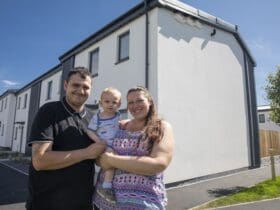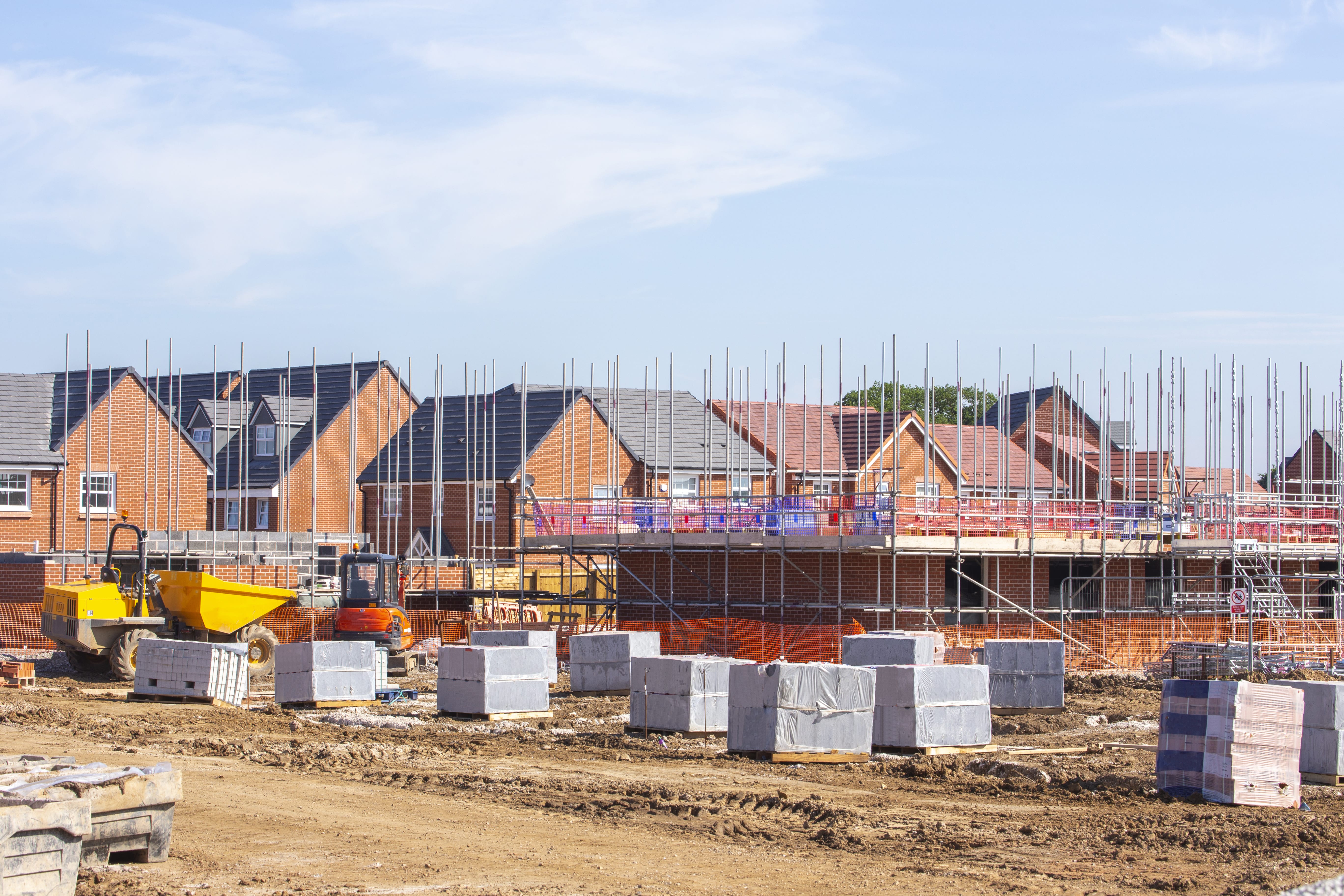Selling houses today is very different to the process of old. In years gone by, there were limited options available to sellers. Now, people have a choice when it comes to how they want to sell their homes. In this guide, we’ll explore steps you can take to successfully sell a house yourself without an estate agent.
Why do people choose to sell their houses without an estate agent?
In most cases, sellers decide against using an estate agent as a result of cost. Typically, in the UK, estate agents charge up to 3.5%, meaning they can earn thousands of pounds on a sale. Increasingly, people are choosing to go down a different route and save themselves money. There are various routes available, and before you decide to go it alone, it is worth comparing prices and quotes and considering the options on the table. This guide on financial comparison website Lending Expert suggests that as well as using a traditional estate agent, you could also look into selling online or using a hybrid agency, which offers some of the features of conventional agencies for a lower fee. If you get to the point where you’ve weighed up the pros and cons, and you’re keen to try and sell your home yourself, it’s beneficial to tick a few jobs off your list to maximise the chances of a good offer and a quick, hassle-free sale.
How to sell a house quickly yourself
Every seller wants to attract attention from buyers and receive offers as soon as possible. The housing market is unpredictable and it can take anywhere from a day to several years to sell a property. If you’re ready to sell, here are some tips to increase the chances of success:
- Get your home ready for sale
According to quick property buyer Susan Jones at Ask Susan one of the best ways to attract buyers and generate interest in your property straight away is making your home more saleable. Before you show anybody around or take photographs for listings or adverts, spruce up the decor, eliminate clutter, finish off those half-baked DIY efforts and make every room look as inviting, spacious and bright as possible. A few simple changes can make a huge difference. It’s best to stick to a neutral palette if you’re painting or removing wallpaper. Tidy up the garden, mow the grass, clear away any rubbish from the driveway and give the front door a lick of paint if it’s looking tired or the paintwork is chipped.
Additionally, consider scheduling an EPC survey to evaluate and improve the energy efficiency of your property. This not only ensures compliance with regulations but also provides potential buyers with valuable information about the property’s energy performance, making it more appealing in the market.
- Put a price on your property
There are various options when it comes to finding out how much your home is worth. Traditionally, an estate agent would value your home for you. If you don’t want to use an agent, you can use property websites to get a rough idea based on the value and sale prices of surrounding houses that are similar to your property. It is worth noting that you can ask agents to value your property without any obligation to sell the house with them. If you do choose to do this, it’s wise to organise a series of visits, as there may be variations between valuations. Usually, it’s a good idea to set your price in the middle or slightly above the middle valuation so that you have room to come down if an attractive offer comes in, but doesn’t quite meet your upper limit. When you are considering prices, it’s a good idea to research the local market and to consider how fast houses are selling and how high demand is at that point. If houses in your area are selling like hotcakes and demand remains high, you could set the price higher in the hopes of attracting a buyer who is desperate to purchase a home in the neighbourhood. If the market is slow and houses are taking a long time to sell, a high price will put buyers off.
- Take photographs and add a description
The next stage is to take photographs and add descriptions for your listing or advert. Make sure the house is tidy, clean and free from clutter before you start snapping and try to stage your shoot on a bright, clear day. Try different angles to get the best images and use a high-quality camera. Focus on the main selling-points and think about what your buyer will want to see. If you’re selling the rural lifestyle and blissful weekends in the garden overlooking the fields, include plenty of shots of the views, the outdoor space and the location. If you’re targeting families, the kitchen is likely to be the most important room in the home, so make sure you capture it as best you can. Use the written descriptions to provide context and detail. Promote your home but avoid trying to be too salesy. Buyers will read the information wanting to know about measurements and fixtures and fittings.
- Spread the word
Your home is ready for sale, and it’s time to start finding buyers. There are lots of ways you can spread the word and encourage buyers to come and have a look, including websites and online portals that enable you to advertise private sales, social media, flyering, adverts in the local press and word of mouth. Post an advert on local groups on social channels, such as Facebook and ask friends, family and group members to share it for you. Post flyers through doors and make sure you include your contact details so that people can get in touch to ask questions or arrange a viewing. Research suggests that the majority of people move within a 6-mile radius, so it’s often beneficial to target local buyers. You can also post details in local magazines and newspapers.
- Viewings and negotiations
Estate agents usually take charge of viewings, but if you’re selling on your own, you’ll be responsible for this part of the process. Always tidy up before prospective buyers arrive and ensure every room looks and smells fresh and clean. Take your time to walk through the house, be prepared to answer questions and let buyers roam on their own for a short period. Ask for feedback once the visit comes to an end or after the viewing. This will help you address any issues that could be preventing people from putting in an offer. If you receive an offer on the property, consider it carefully before making a decision. You may want to wait if there are other parties interested. If you’re not happy with the offer, try to negotiate and see if your buyers will increase the price. If you’re willing to accept, the final phase is to instruct a solicitor to oversee the legal exchange of the property. This can take several weeks and the agreement will not be legally binding until you have exchanged contracts.
Summary
Many homeowners decide to use an estate agent to sell their home, but it is possible to sell a house yourself. Selling without an agent can save you a substantial amount of money, but it can be more time-consuming. Follow the steps in this guide to maximise your chances of a quick, stress-free sale.








Leave a Reply
View Comments